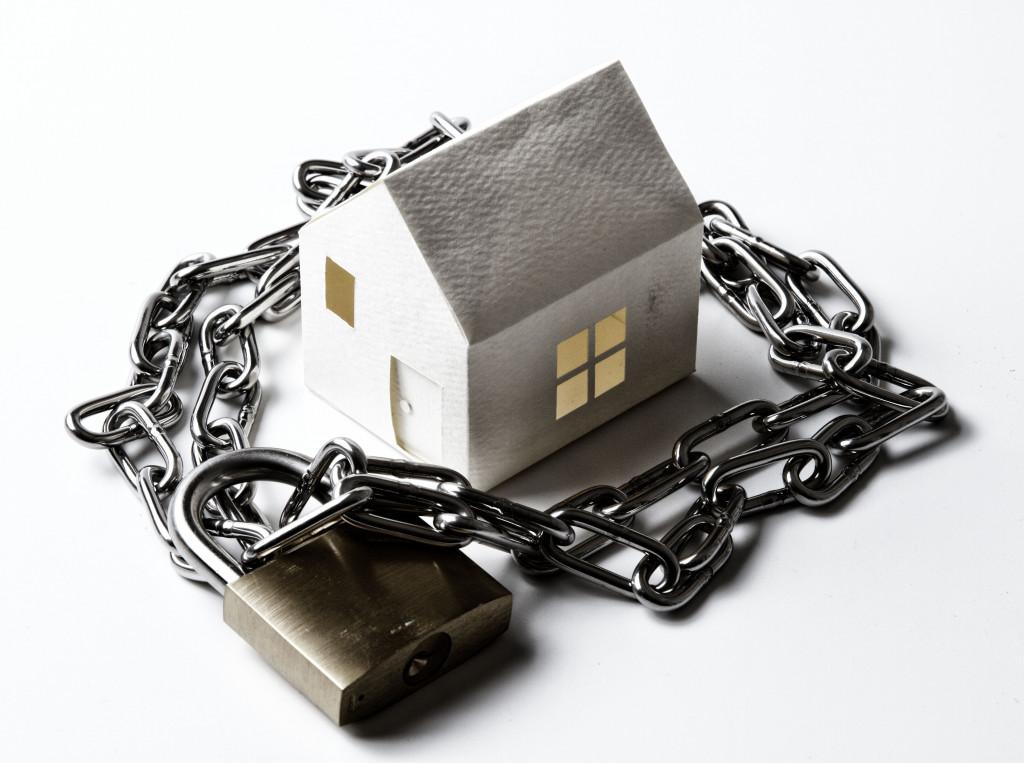When you lease your property, there is a chance that you come across problem tenants. From unpaid rent to property damage, they’re sure to give you a literal run for your money. These circumstances are what will cause you big problems as a landlord or property owner. It then begs the question, how do you take back what’s rightfully yours?
Luckily, there is a way for you to reclaim the money, property, or any asset that tenants do not want to give back. You can get them all back through the services of a bailiff. They can help you take back what’s rightfully yours in a quick, efficient, and legal manner. Confronting those indebted to you is an uncomfortable task that could have an ugly ending, and sometimes you might not even get the job done. Bailiffs take away that responsibility from your hands and do it for you.
But what exactly is a bailiff? And when do you need one? These are everything you need to know about bailiffs.
What is a Bailiff?
Bailiffs are entities that have the legal capacity to collect debts of any shape and size. They usually have the task of collecting various things, like council tax arrears, parking fines, and child maintenance arrears. Additionally, bailiffs have the legal power to visit an individual’s property and repossess or sell any of their assets and goods to pay off their debt.
Bailiffs also help enforce county court judgments that creditors use to collect debts and anything else any individual owes them. Through their services, you can claim anything owed to you professionally, and most importantly, legally.
But not all bailiffs have equal power to do all types of collecting or enforcing. There are different types of bailiffs used for different kinds of situations.
Types of Bailiffs
Bailiffs get awarded legal collecting powers to collect debts on behalf of creditors and private entities or local courts. And depending on what kind of debt needs collecting, only a corresponding type of bailiff is allowed to collect such debt. Each of them has a different set of legal powers to get the job done. Here are the types of bailiffs that you need to know.
- County Court Bailiffs – County court bailiffs work for local county courts to collect debt ordered by the court. They also help the court by enforcing court orders made by the county court or serving court documents.
- Magistrate Court Bailiffs – Just like county court bailiffs, magistrate court bailiffs also work for the court. However, the main difference between them is that magistrate court bailiffs primarily collect the fines issued during criminal court proceedings rather than collecting debts on site.
- Private Bailiffs – As their name suggests, private bailiffs are bailiffs who get contracted by private individuals or entities. They usually operate on a commission-based payment scheme, taking on a percentage of the money collected to pay for their services. Still, private bailiffs cannot just operate autonomously. They must satisfy a judge that they are knowledgeable of the law in collecting debts. Additionally, they must also show that they are fully fit and convince the judge that they are sane individuals capable of handling bailiff work. Only then can they be certified by the county court to carry out their tasks.
- High County Court Bailiff – They are similar to county court bailiffs but serve the higher court. High county court bailiffs help collect for high county courts whenever a county court judgment gets raised to the higher court for enforcement.
Regardless of type, all bailiffs have to follow a strict code of conduct that they need to follow when carrying out their bailiff duties. It’s to ensure that they collect debt professionally. They are standards provided by the professional body of bailiffs, which is the civil enforcement association.
When Do you Need a Bailiff?

If you’re a property owner and have a problem tenant who refuses to pay, you could use a bailiff to reclaim what your tenant owes you. However, you can use a bailiff in other situations, and some of the most notable ones are when you need to reclaim the money or properties owed to you or when you need to remove trespassers from your property.
Essentially, you use a bailiff to do the task of taking back what’s yours and collecting them for you. It saves you from a possibly hostile confrontation with those that owe you. Bailiffs also give you the confidence that they’ll get the job done efficiently, safely, and professionally within legal grounds.
Bailiffs can help make your life easier, especially if you’re in the business of leasing out your properties. They provide safe and legal solutions to your problems, especially with irresponsible tenants or any individual that owes you something in any capacity. Consider using a bailiff whenever you need to collect debts from individuals so that you won’t have to wait too long to recover what they owe you.
